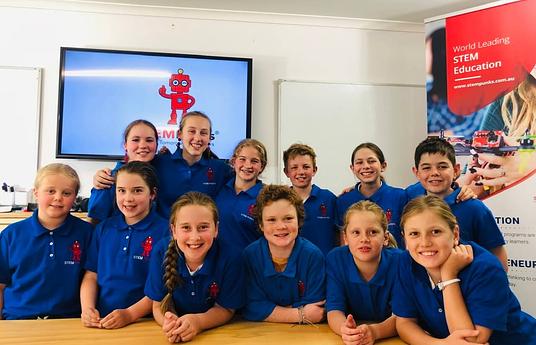Working in Gilgit-Baltistan since 2016, we realised that these low-income and climate vulnerable valleys were only challenged further by lack of quality education access especially from an early age. The remote nature of the valleys cuts them off from digital learning as well. There was a need to connect parents and community practices to children's education to build long-term sustainable change.
IEI has a three-way approach. Firstly IEI started sponsoring teachers salaries, which helped keep them in jobs. Secondly, we created a Whatsapp based Teacher support model that includes lesson plans, resources, feedback, tips and ideas. This made a huge difference because lack of stable internet meant they weren’t able to previously stay updated on new progress within ECD learning. By creating support over Whatsapp networks and funding their salaries, our innovation is creating consistency in providing ECD to children in these communities. We’ve also created a regionalised Early Years curriculum embedded with indigenous teaching and learning practices - such as building a vegetable garden and story times with elder women in the community. The stability created by teachers staying and parents’ involved in their child’s education helps create better access to ECD learning. So far we’ve seen a decrease in school drop out rates and increased parent and community involvement.
We started with training 1 teacher in 2021, along with providing enhanced learning, which then increased to 7 teachers, 3 ECD classrooms and the launch of IEI’s SEED Video Training Module and WhatsApp Support Group in 2022. In 2023, we launched our first dedicated ECD school, in a community partnership model with support from Polish Aid. We’ve served 5 mountain villages. Over the next 2-3 years we want to reach out to more communities, make our trainings accessible to more teachers in similar contexts and engage in localised solutions for challenges such as climate change. We want to foster a generation of changemakers with pride in indigenous identity. As more teachers are equipped to provide quality early learning through IEI’s programmes, we hope to create a community of practice.
IEI’s model is replicable and anyone can reach out to the organisation to gain access to the Whatsapp Teacher Support Model guide and curriculum resources. Since IEI promotes indigenous values, anyone looking to replicate this can use our resources to further see how early education can be made relevant within their context. They can reach out to the team at team.ieipakistan@gmail.com


